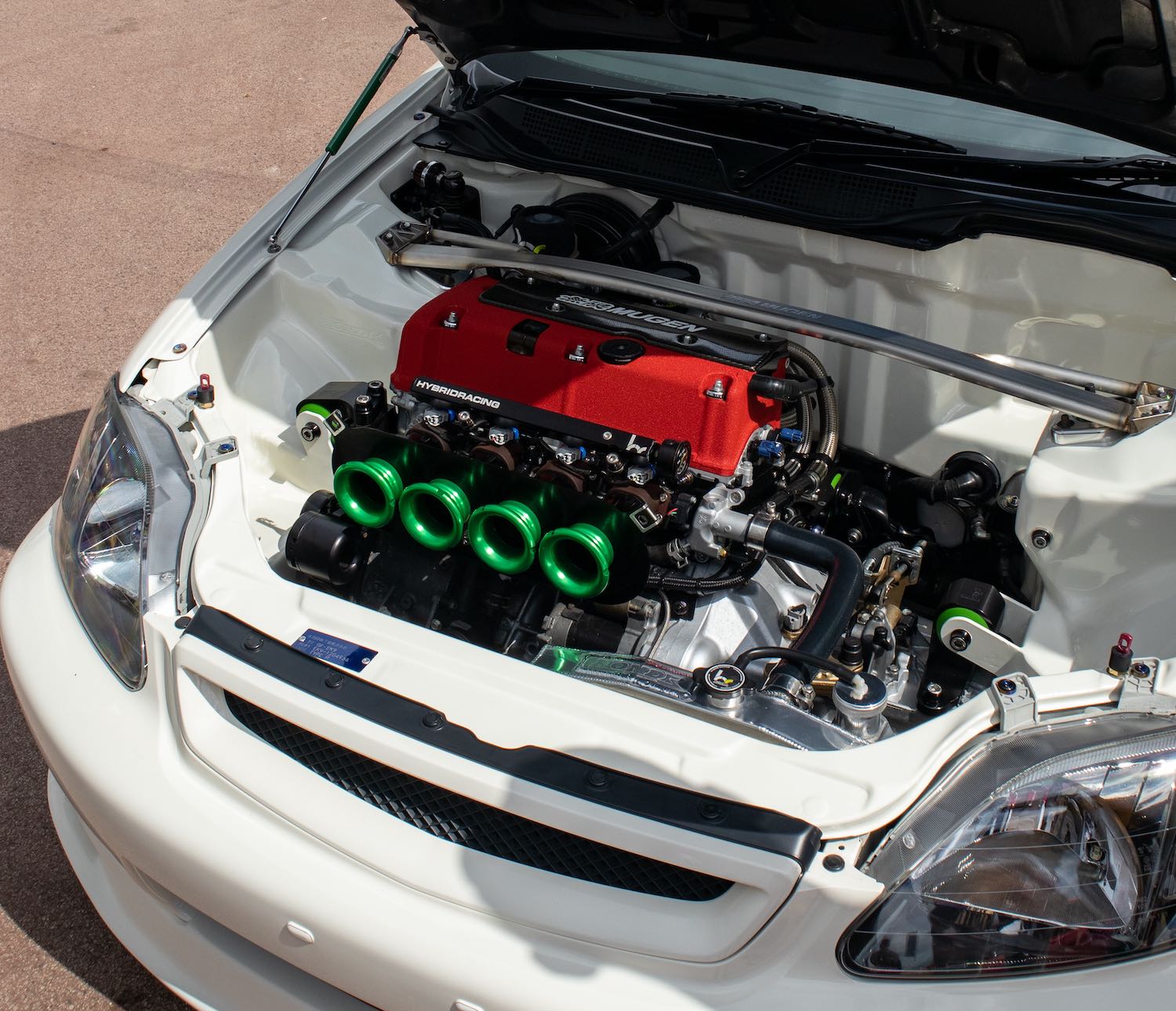In the UK, it is a legal requirement to pay car tax for most vehicles driven on public roads. The amount of tax payable is determined by a number of factors, including the vehicle’s engine size, CO2 emissions, fuel type and age. Car tax bands were introduced in 2001 as a way of classifying vehicles and setting appropriate tax rates. In this guide, we’ll explain what car tax bands are, how they work and what you need to know about paying your car tax.
What are car tax bands?
Car tax bands are a way of classifying vehicles according to their CO2 emissions. Each band is assigned a different rate of tax, with vehicles in the lowest bands paying the least and those in the highest bands paying the most. The current car tax bands range from A to M, with A being the lowest and M being the highest.
How do car tax bands work?
The amount of car tax you pay is based on the car tax band that your vehicle falls into. The band that your car is assigned to is determined by its CO2 emissions. The lower the CO2 emissions, the lower the tax band and the less tax you’ll need to pay.
For example, if your car has CO2 emissions of 110g/km or less, it will fall into band A and you’ll pay the lowest amount of car tax. If your car has CO2 emissions of 255g/km or more, it will fall into band M and you’ll pay the highest amount of car tax.
It’s worth noting that car tax rates can change over time, as the government adjusts the rates to reflect changes in emissions technology and environmental policy.
How can I find out what car tax band my vehicle is in?
You can find out what car tax band your vehicle is in by using a car tax calculator. Rapid Car Check offers a car tax calculator on their website, which will tell you what car tax band your vehicle is in and how much tax you’ll need to pay.
Alternatively, you can check the car tax band using the tables provided by the government. The tables show the CO2 emissions ranges for each band, so you can work out which band your vehicle falls into based on its emissions.
How much car tax will I need to pay?
The amount of car tax you’ll need to pay depends on the car tax band your vehicle falls into. The rates for the current car tax bands are as follows:
- Band A: £0
- Band B: £10
- Band C: £30
- Band D: £120
- Band E: £140
- Band F: £155
- Band G: £195
- Band H: £240
- Band I: £265
- Band J: £290
- Band K: £330
- Band L: £565
- Band M: £570
It’s worth noting that electric vehicles are exempt from paying car tax, as they do not produce any CO2 emissions.
What happens if I don’t pay my car tax?
If you don’t pay your car tax, you could be fined up to £1,000 and your vehicle could be clamped or even impounded. It’s important to make sure you pay your car tax on time to avoid any penalties.
In conclusion, car tax bands are an important part of the UK’s motoring taxation system. By classifying vehicles based on their CO2 emissions, the government is able to set appropriate tax rates that reflect the impact of those vehicles on the environment. If you’re unsure what car tax band your vehicle falls into, you can use a car tax calculator or check the tables provided by the government. And remember, it’s
important to note that the amount of tax you pay depends on the car’s emissions. The higher the emissions, the higher the tax rate.
In addition to the standard rate, there’s also a first-year rate for new cars based on their CO2 emissions. The rates are much higher for cars with high CO2 emissions, and the first-year rate is only applicable for the first year of ownership.
It’s worth noting that electric cars are exempt from both the standard rate and the first-year rate of car tax. This exemption is set to continue until 2025, after which it may be reviewed.
Rapid Car Check offers a simple and easy way to check the car tax band of any vehicle. By simply entering the vehicle registration number on their website, you can quickly find out the tax band and rate for any car. This can be incredibly useful when looking to buy a new car or when selling your existing vehicle, as it can help you to accurately calculate the running costs.
In conclusion, car tax bands are an important part of vehicle ownership in the UK. It’s important to understand how they work, how they’re calculated, and how much you’ll need to pay based on the emissions of your car. Whether you’re buying a new car or selling your old one, being aware of the car tax bands and rates can help you to make informed decisions about your vehicle. Rapid Car Check is a great resource for anyone looking to quickly and easily check the car tax band of any vehicle, and their service can save you time and money in the long run.





